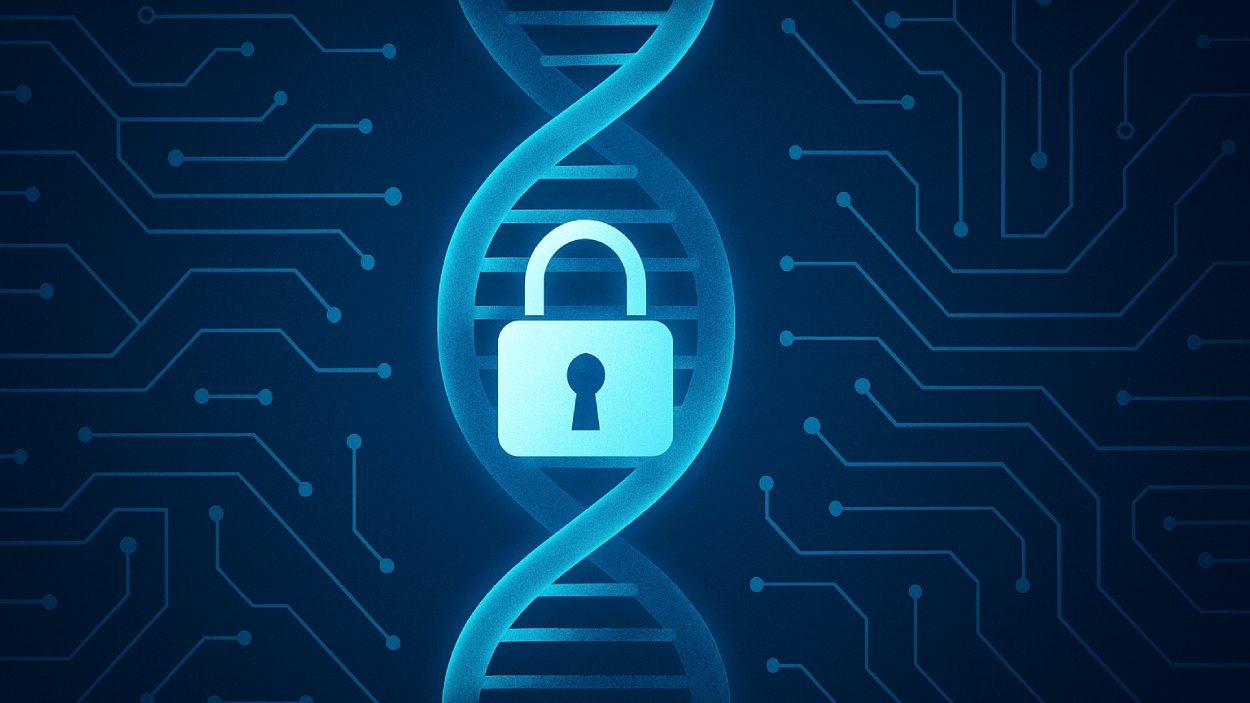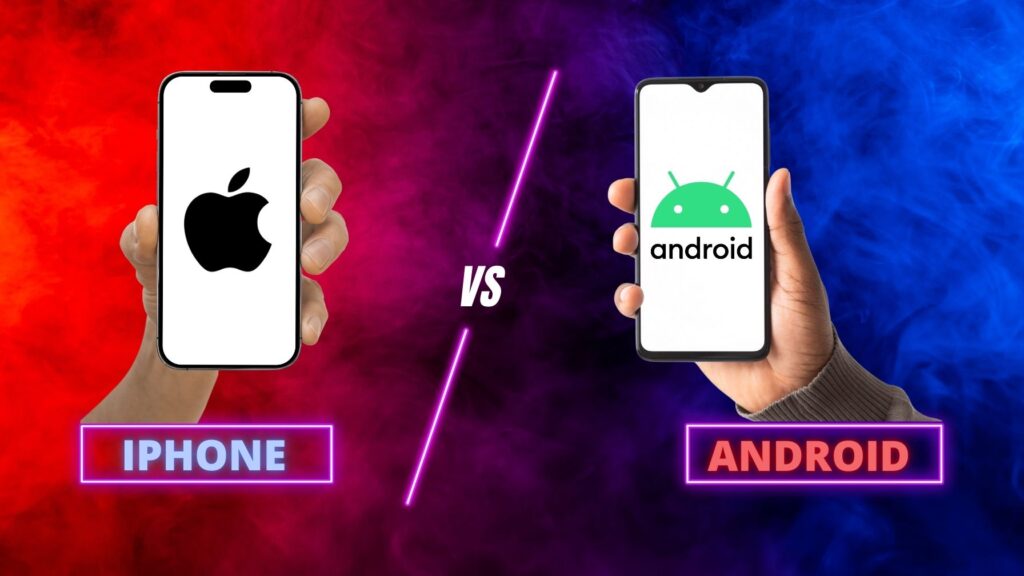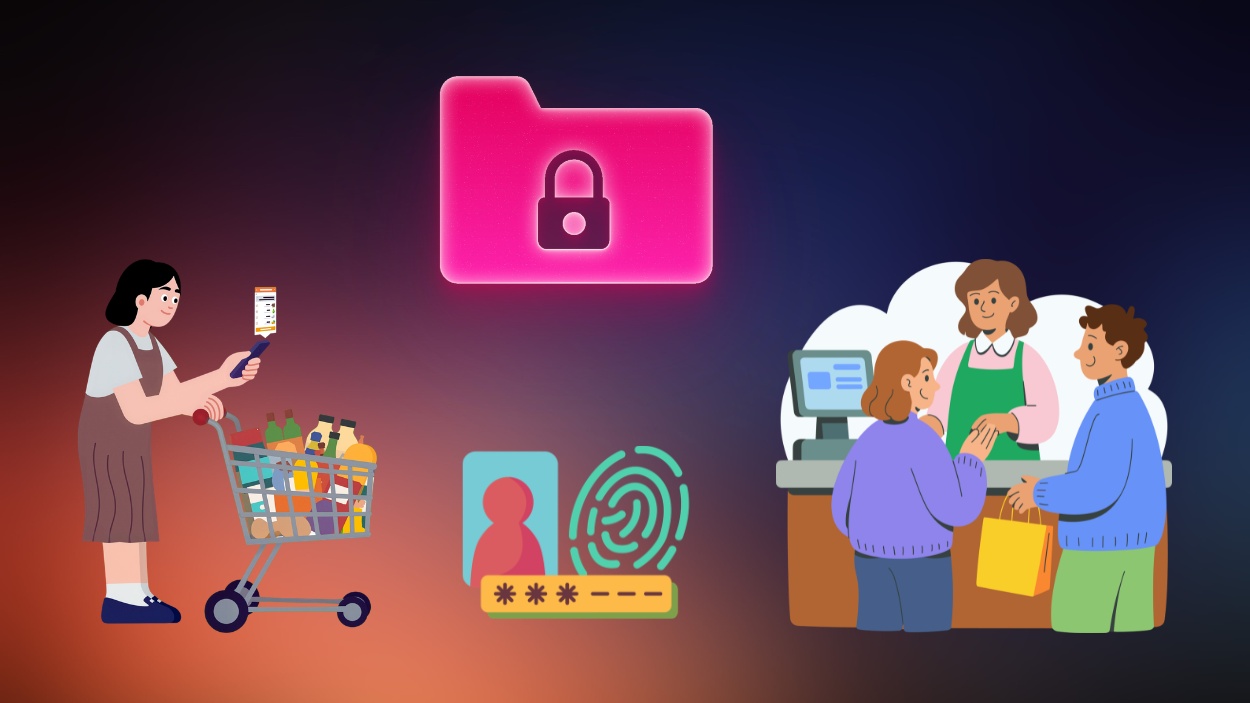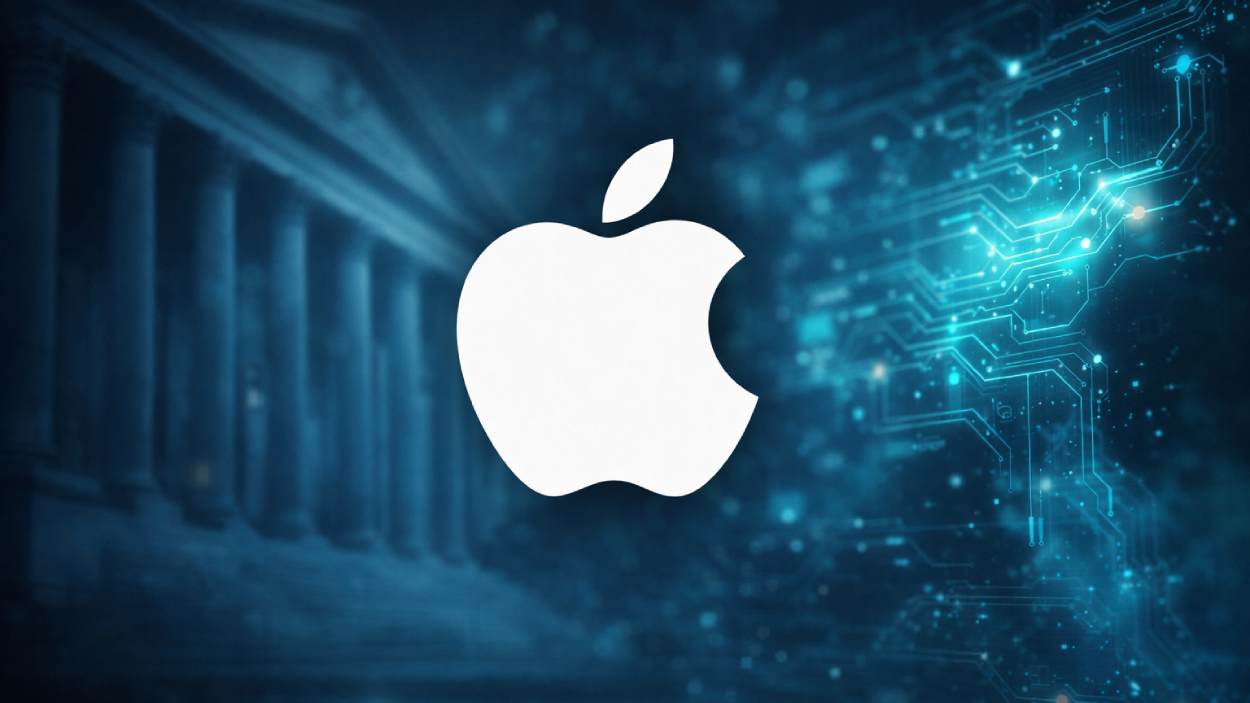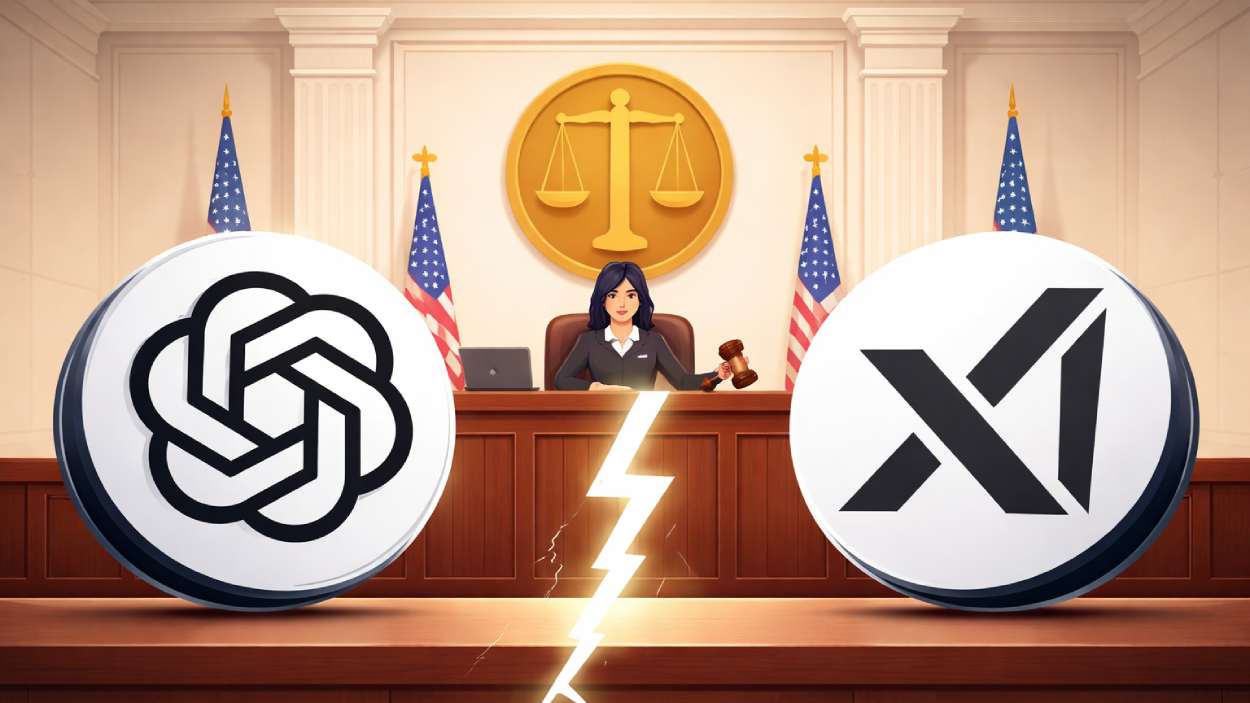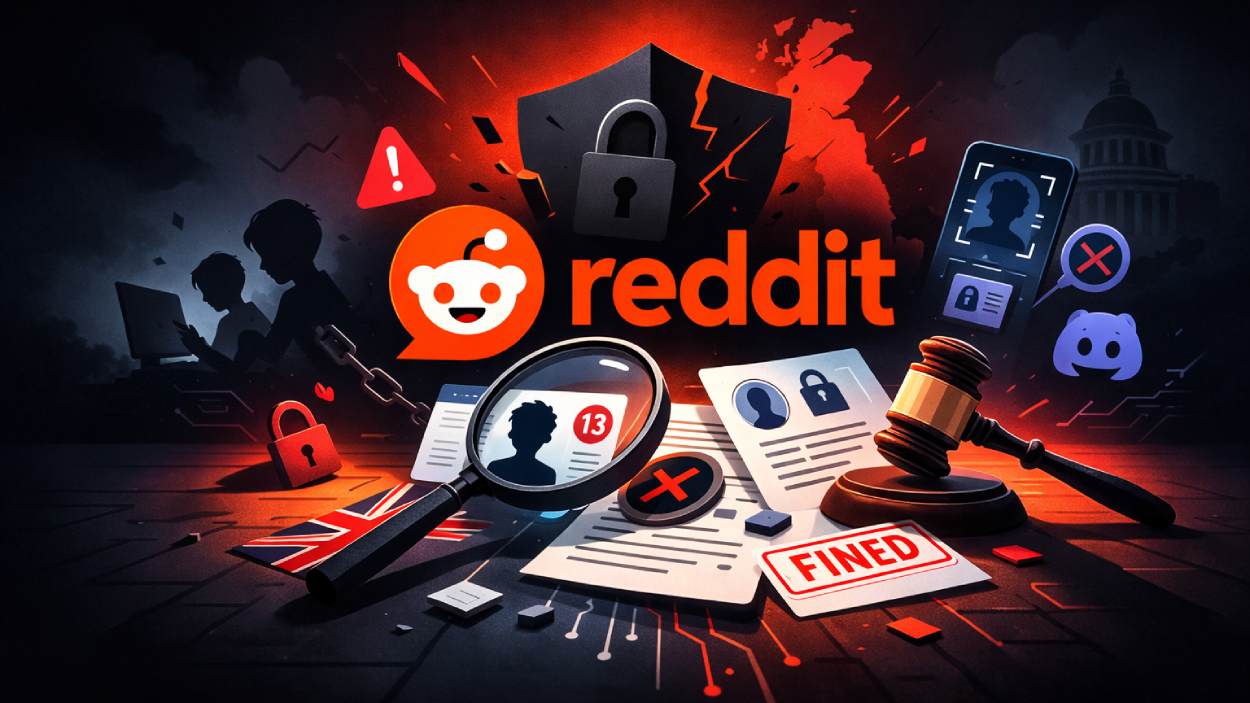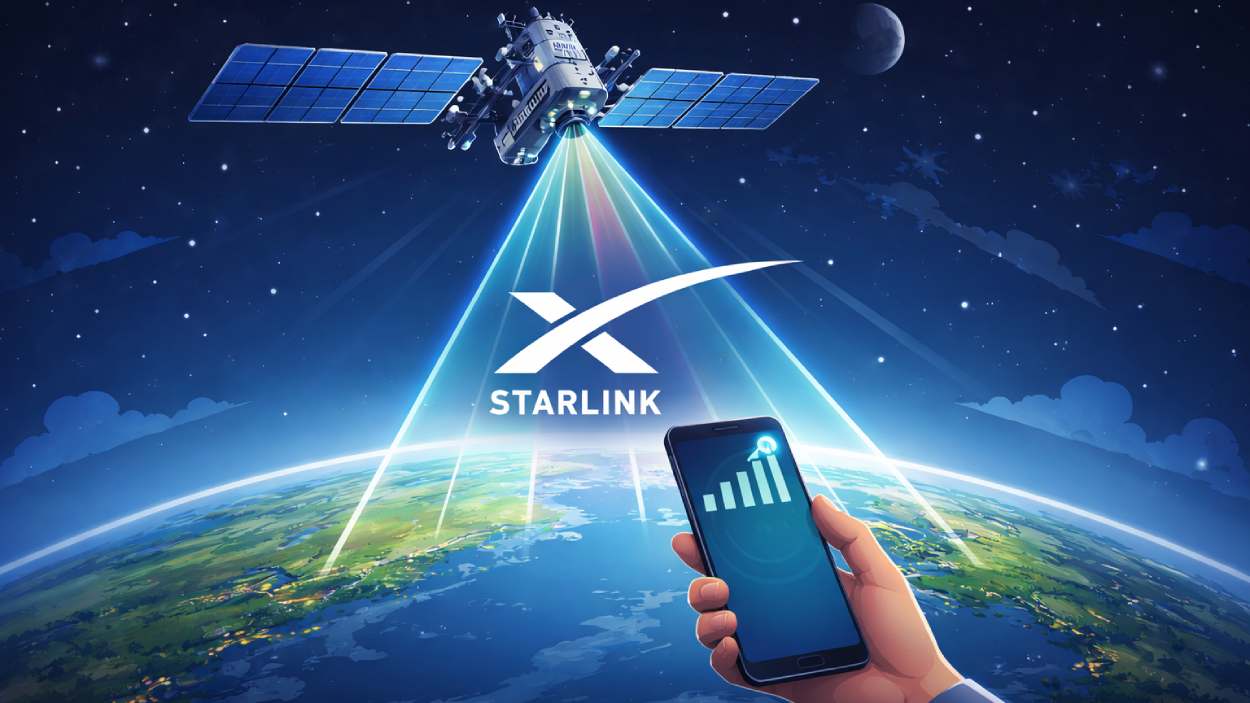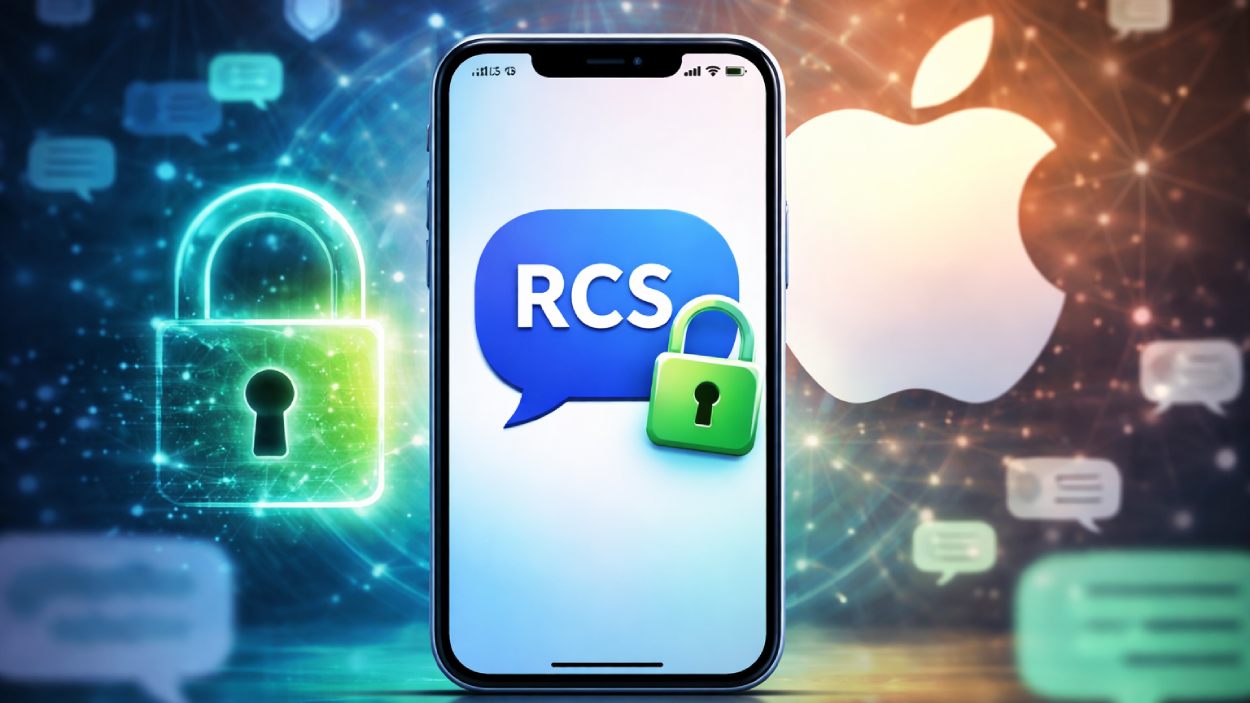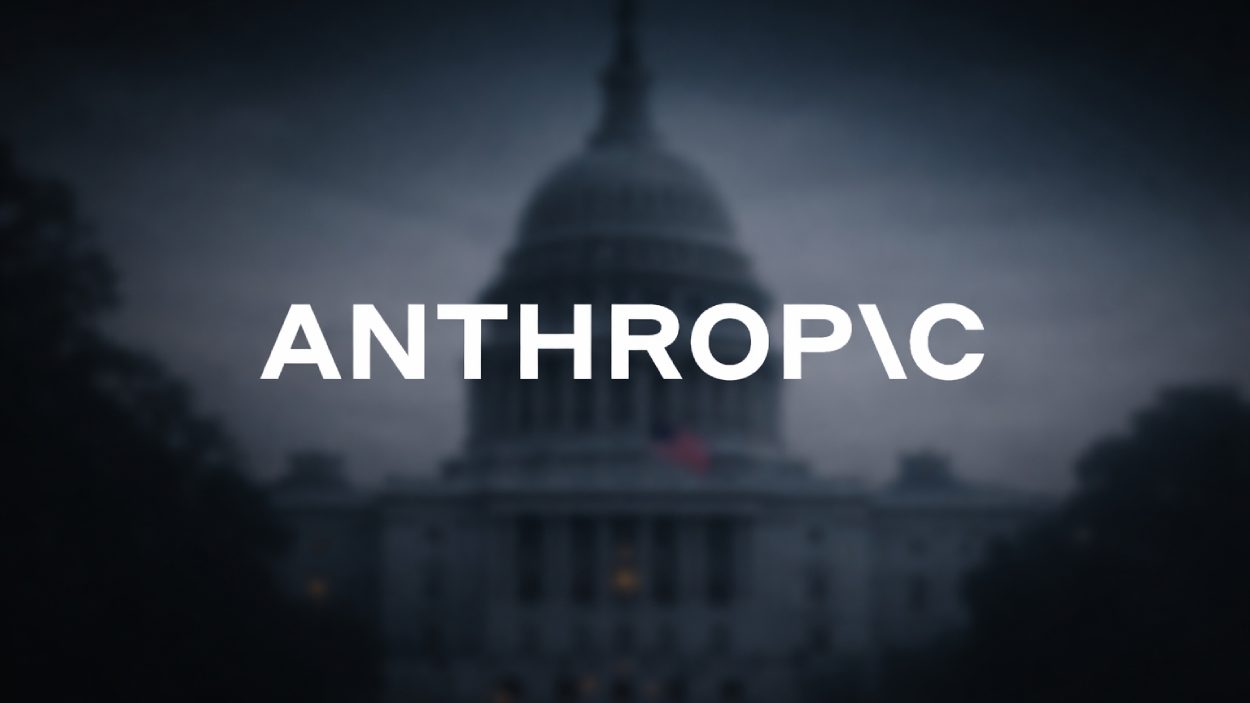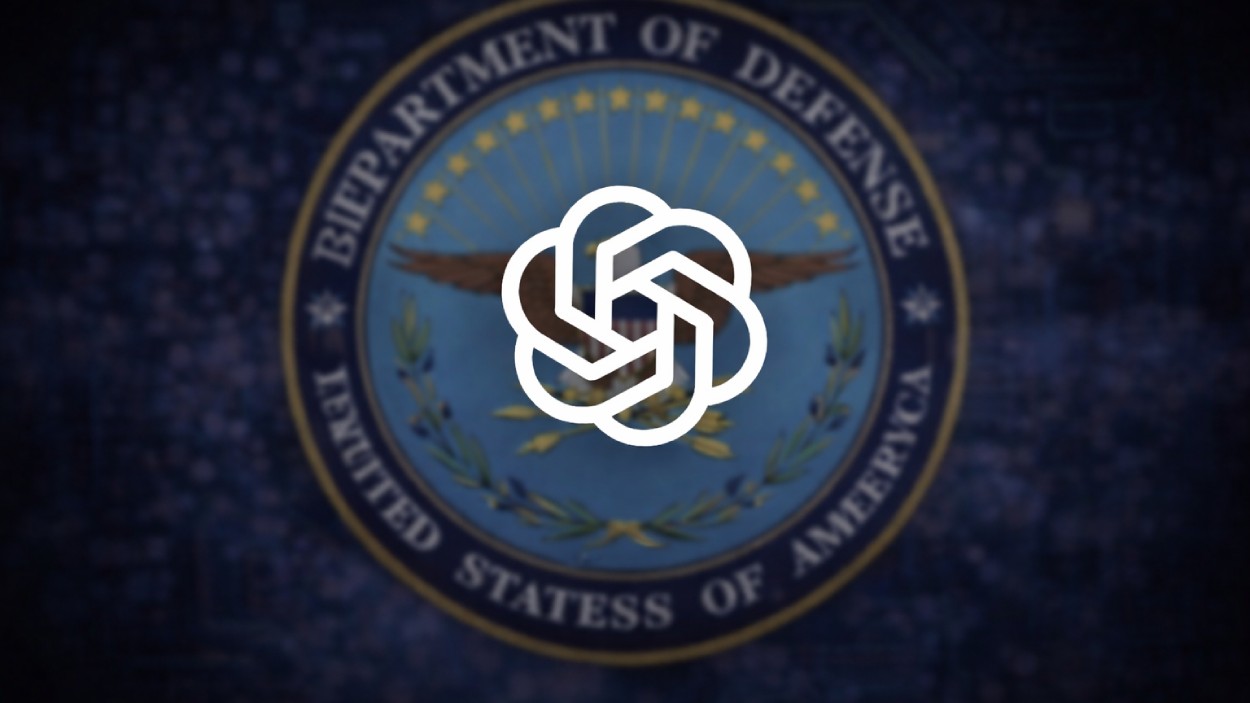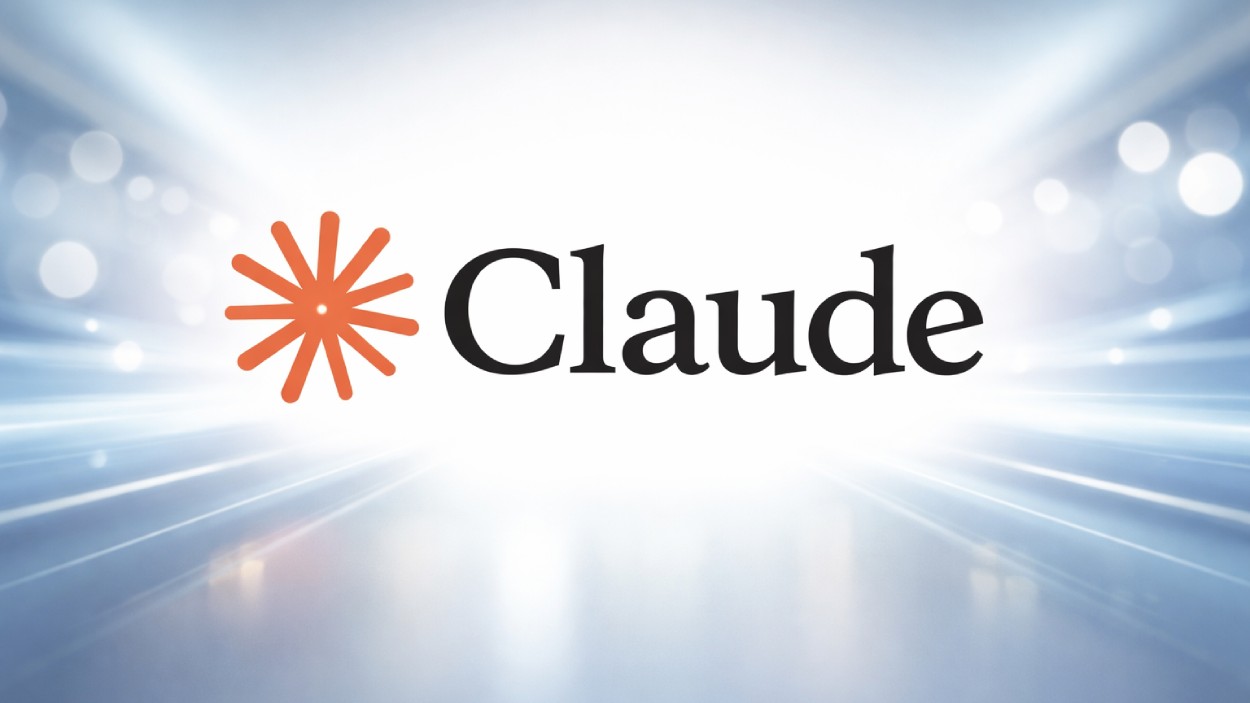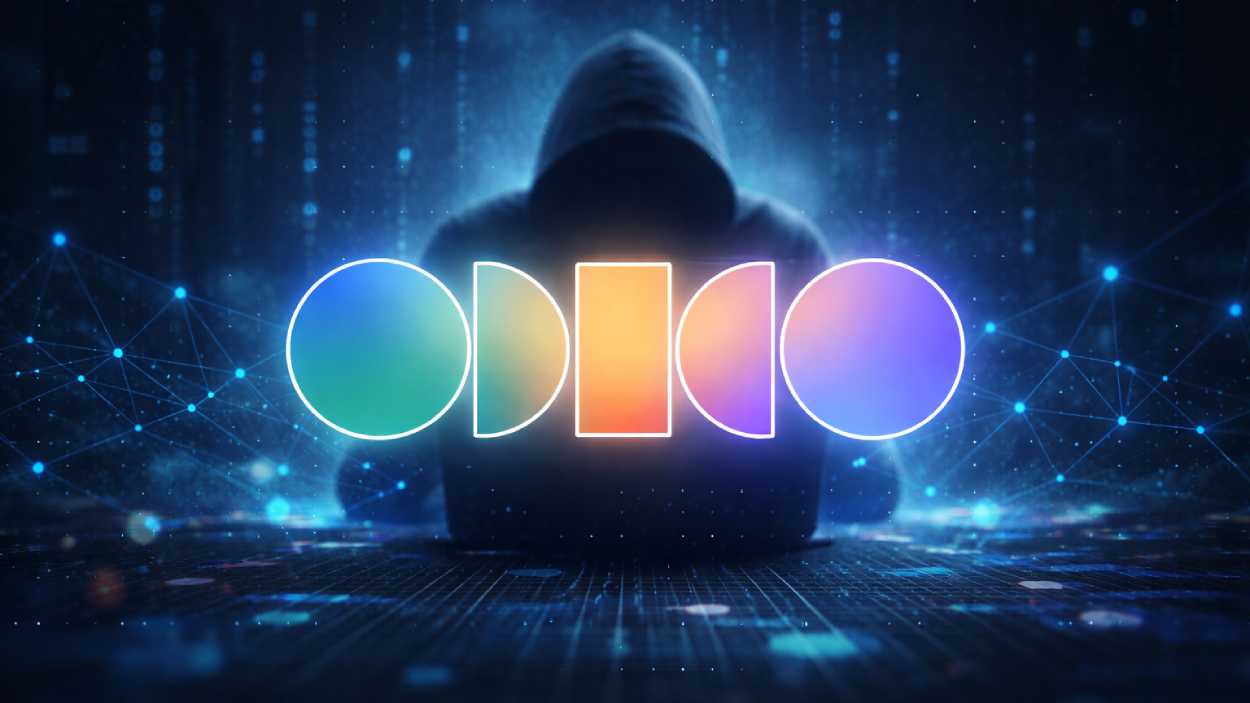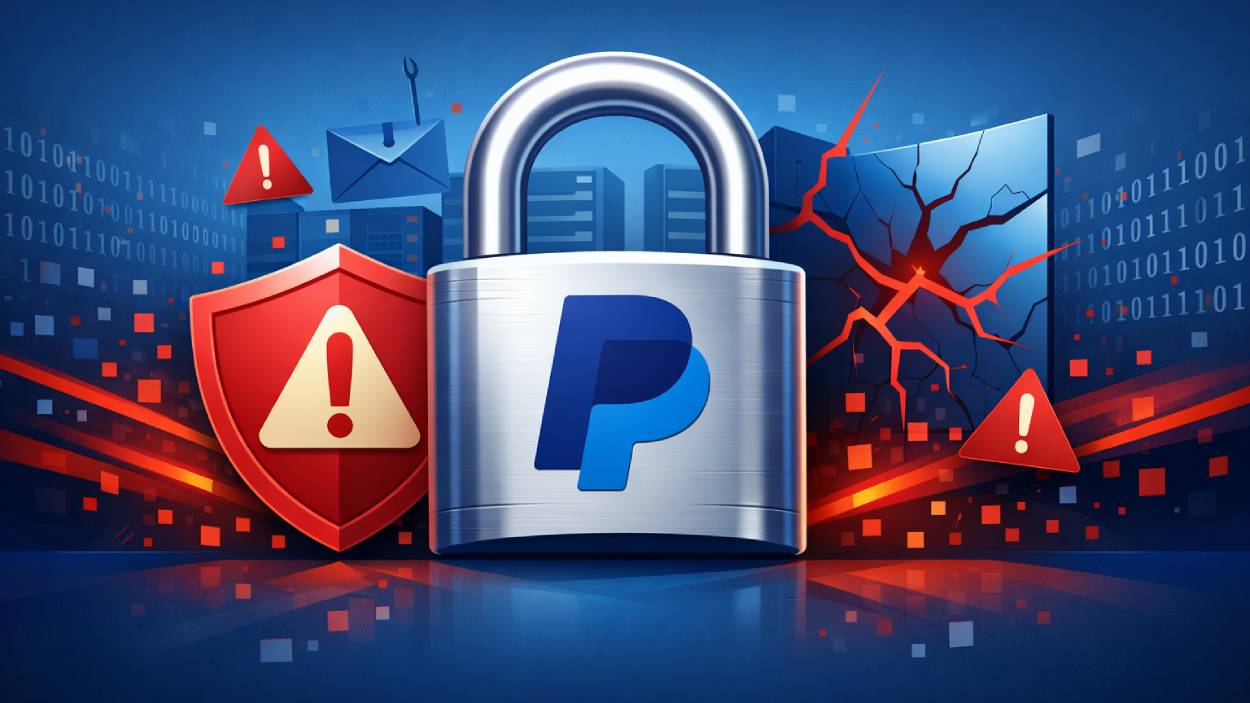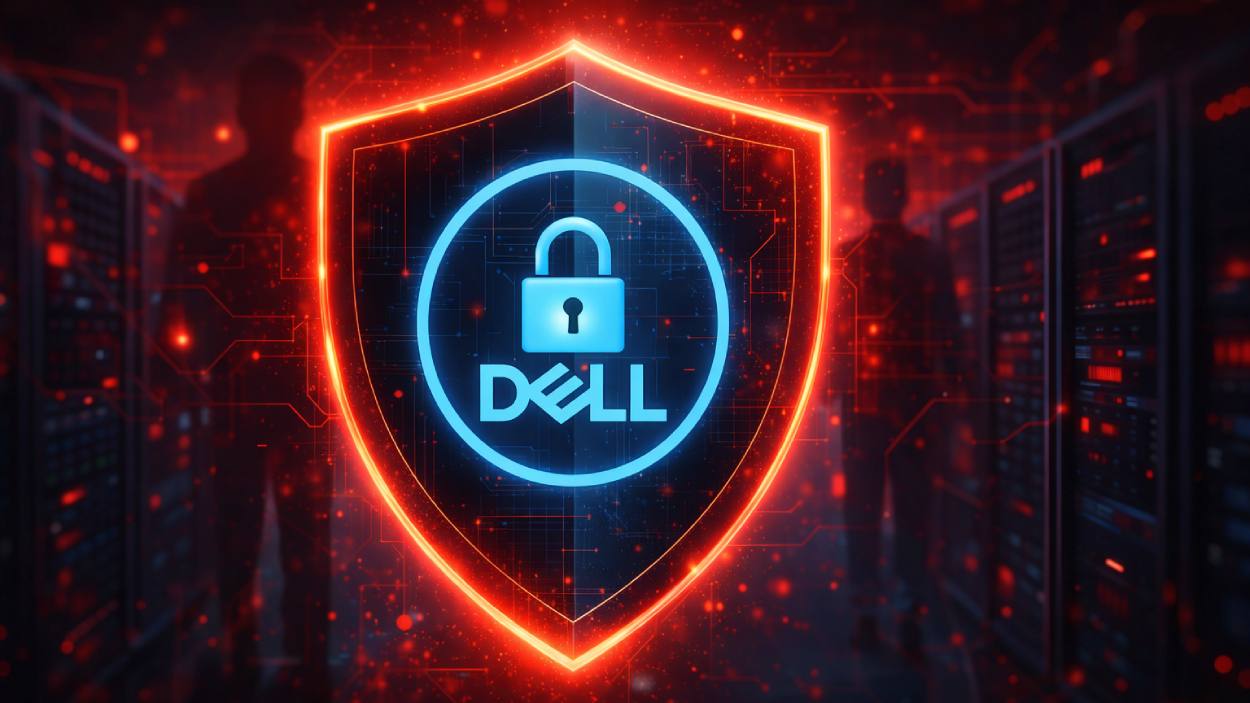Illumina Inc. has agreed to pay $9.8 million to resolve federal allegations that it sold genomic sequencing systems with major cybersecurity flaws to U.S. government agencies.
Quick Summary – TLDR:
- Illumina sold genomic tools with cybersecurity vulnerabilities to U.S. agencies from 2016 to 2023
- DOJ claimed the company misrepresented software as meeting industry standards
- Whistleblower Erica Lenore, a former executive, will receive $1.9 million from the settlement
- Illumina denies wrongdoing but settled to avoid litigation costs and distraction
What Happened?
Illumina, a major player in genomic sequencing, has reached a $9.8 million settlement with the U.S. government over allegations that it sold federal agencies software with serious cybersecurity vulnerabilities. The Department of Justice said these sales happened between 2016 and 2023, affecting various federal departments. While Illumina denies the charges, it agreed to the settlement to move past the legal dispute.
Illumina Accused of Selling Flawed Systems
The Department of Justice alleged that Illumina knowingly sold genomic sequencing systems to multiple federal bodies, including the Departments of Defense, Homeland Security, Energy, and others. These systems, used to process sensitive genetic data, reportedly contained software vulnerabilities that had not been properly addressed.
Federal prosecutors claimed Illumina failed to:
- Integrate cybersecurity protections in its software design, development, and post-market monitoring
- Support its cybersecurity teams and systems with sufficient resources
- Fix design flaws that introduced security risks
- Accurately disclose that its systems met cybersecurity standards set by organizations like ISO and NIST
This misrepresentation, the DOJ said, allowed the company to win contracts under false pretenses.
Whistleblower’s Role in the Case
The lawsuit stemmed from a whistleblower complaint filed under the False Claims Act. Erica Lenore, a former director for platform management at Illumina, alerted authorities to the company’s practices. Under the terms of the law, she will receive $1.9 million of the total settlement for her role in exposing the scam.
The qui tam suit was filed in 2023 and became the basis for a multi-agency investigation involving:
- The Department of Justice
- The U.S. Attorney’s Office for the District of Rhode Island
- The Defense Criminal Investigative Service
- Inspectors general from HHS and Commerce
Illumina Responds
In its public statement, Illumina denied any wrongdoing and emphasized that the issues had already been remediated between 2022 and 2024. The company said, “Illumina takes data security seriously and has invested significantly in its programs to align with cybersecurity best practices.” The firm said it chose to settle to avoid the cost, uncertainty, and distraction of a drawn-out legal battle.
A Wake-Up Call for Government Tech Contracts
This case sends a clear message to government contractors: cybersecurity must be treated as a core obligation. Assistant Attorney General Brett Shumate stated, “Companies that sell products to the federal government will be held accountable for failing to adhere to cybersecurity standards and protecting against cybersecurity risks.”
Similarly, acting U.S. Attorney Sara Bloom highlighted the importance of protecting federal research data, especially involving genomic and health-related information.
SQ Magazine Takeaway
Honestly, I find this case incredibly important. Selling vulnerable systems to government agencies isn’t just a corporate misstep, it’s a direct risk to national data and public trust. The fact that Illumina got caught means the system is working, but it’s a reminder that companies need to stop cutting corners when it comes to cybersecurity. I’m glad the whistleblower spoke up, and I hope more oversight comes next.

